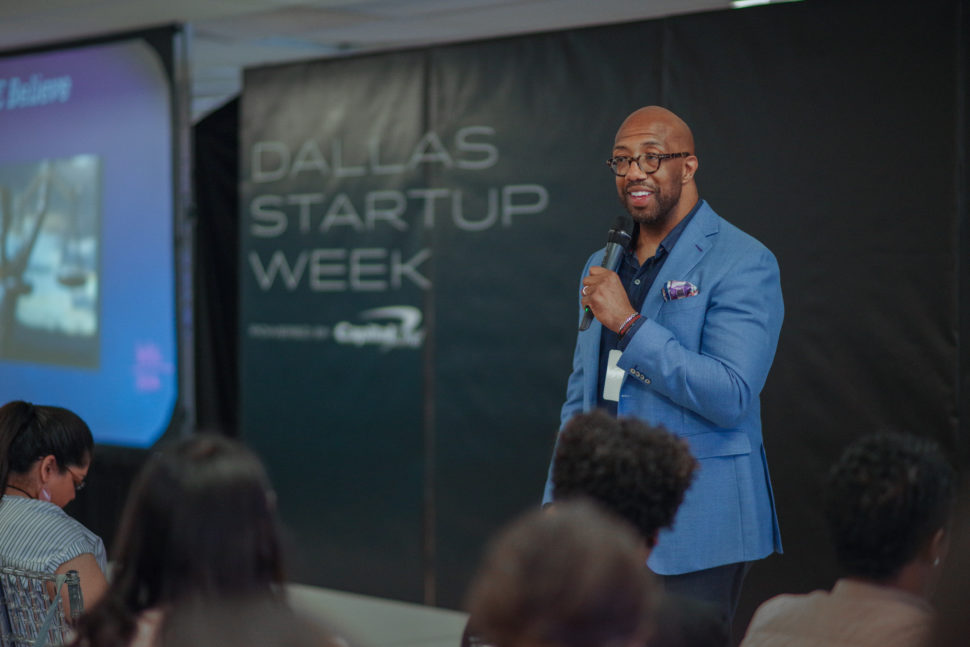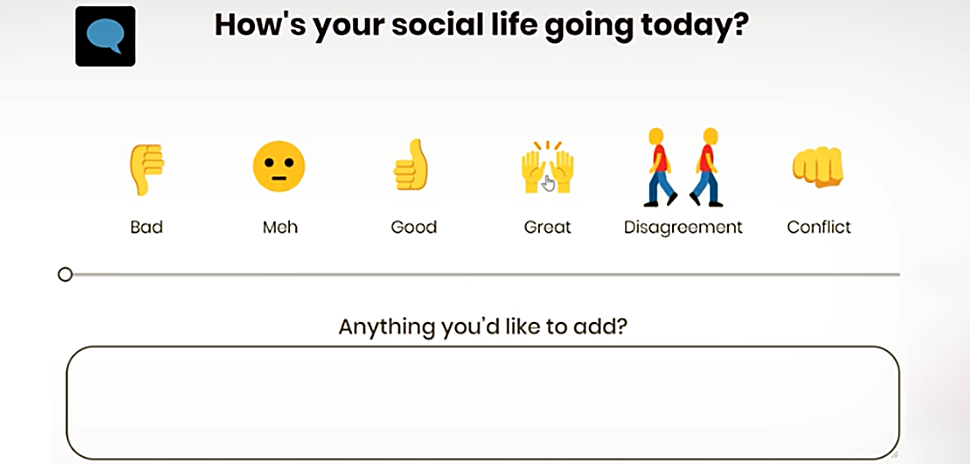Why do we innovate? That was the question Michael Sorrell, president of Paul Quinn College, faced when he became the historically black college’s president 12 years ago.
While different people and institutions each have unique answers to that question, Sorrell says for most it’s about either solving a problem or making a lot of money. At Paul Quinn, it was the former.
When Sorrell was asked to be the college president (he didn’t apply; he claims he was asked because it’s a job nobody else wanted it at the time), he learned the college had only 30 days worth of cash remaining. Moreover, the college’s graduation rate was less than 1 percent. Things weren’t in good shape.
First, Sorrell set to work saving the school from financial destruction. But once Paul Quinn found firm footing, innovation set in.
Sorrell says the college’s main goal is to end poverty: “This is our reason for existing. We want to be the place that ends generational poverty.”
That can’t be done without an innovative, inclusive approach to education that puts students’ futures at the core of the curriculum.
Here’s how the college is doing it: Making higher education affordable for students; putting students to work an average of 15 hours a week, capping tuition to limit student debt; mandating internships that give students real-world work experience; eliminating costly textbooks; and enforcing a curriculum that teaches grammar, rhetoric, critical thinking, and digital literacy across disciplines.
This approach is motivated twofold, he says. First, the college believes its formula—preach hope, practice patience, instill resilience, be entrepreneurial in thought and action, and lead in love—is the approach that will encourage and motivate students to break free from generational poverty. The college, he says, believes poverty is evil, debt is bad, everyone can learn, and what’s next is greater than what’s now.
Today, 74 percent of Paul Quinn’s alumni are employed, enrollment has increased 250 percent since 2010, and retention is up to 71 percent.
But the college is doing more than offering new opportunities to its students. In recent years, the college turned its football field into the We Over Me farm, an effort aimed at solving hunger and eliminating a southern Dallas food desert.
READ NEXT Paul Quinn’s Plano Expansion Gets First Major Investment, $1M From Strada Education Network
“We are a very different innovation hub than Stanford, than MIT, than Harvard. Those places innovate because they have the luxury to innovate,” Sorrells says. “We innovate because of what happens when you don’t innovate. If we don’t innovate, food deserts still exist. If we don’t innovate, people can’t afford college. If we don’t innovate, people are left with lives we think they shouldn’t be left with.”
![]()
Get on the list.
Dallas Innovates, every day.
Sign up to keep your eye on what’s new and next in Dallas-Fort Worth, every day.


































































